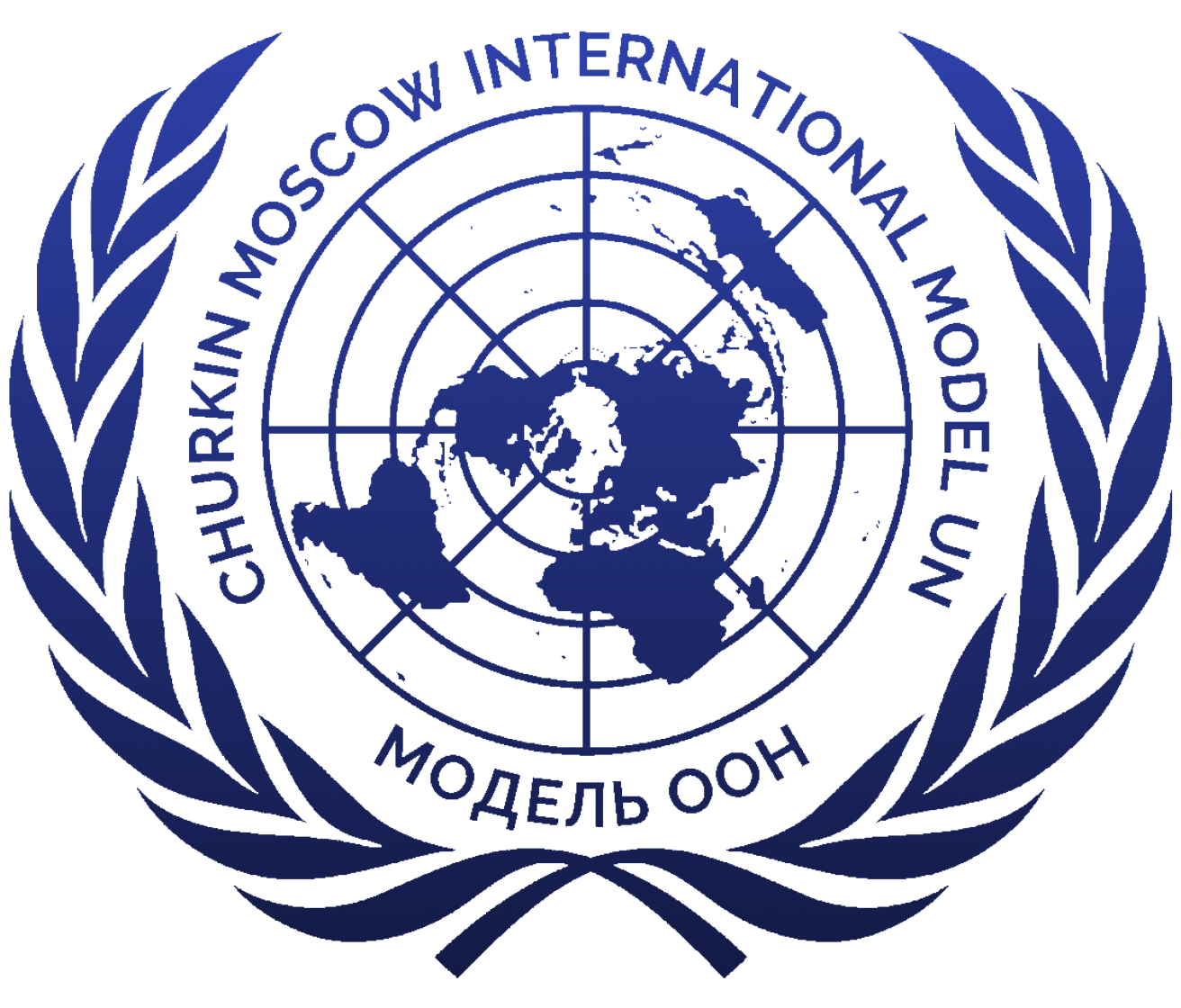- Про Модель ООНКомитетыУчастие
- Про Модель ООН
UNESCO
UNESCO, the United Nations Educational, Scientific and Cultural Organization, is a specialized agency dedicated to strengthening our humanity through the development of education, science, culture, and communication.
We set standards, create tools, and promote knowledge to find solutions to the most pressing challenges of our time and contribute to a more equitable and secure world.
Protecting biodiversity, working with artificial intelligence, promoting quality education, safeguarding heritage, and ensuring access to reliable information are just a few examples of the work that UNESCO is doing with its 194 member states around the world.Agenda: Ensuring access to quality education for vulnerable groups in the Global South
Submit an applicationPresident
Sarkisyan Razmik
Vice-president
Viktoria Agryzkova
Working language
English
Delegates and observers
52+4
Experts
Alina Fakhtdinova, Zlatislava Nekrasova
Mail
unesco@modelun.ruDistinguished delegates, honorable chairs, esteemed guests,
It is my great honor to welcome you all to the session of the UNESCO Committee at MGIMO Model United Nations 2026. Our topic this year — “Ensuring Access to Quality Education for Vulnerable Groups in the Global South” — touches upon one of the most fundamental human rights and one of the most urgent global challenges.
Education is not merely a policy priority. It is the foundation upon which every society builds its future — the path toward empowerment, dignity, and sustainable development. Yet, for millions of children and adults in the Global South, this path remains obstructed by poverty, conflict, displacement, gender inequality, and systemic underinvestment.
As representatives of the international community, you bear the responsibility — and the privilege — of reimagining how global cooperation can ensure that no learner is left behind. In this room, you will debate, negotiate, and, most importantly, listen — to one another’s perspectives, to the voices of those unheard, and to the shared values that unite us all under the banner of UNESCO.
I encourage you to think boldly, to seek not only feasible but transformative solutions — solutions that recognize cultural diversity, promote inclusion, and reaffirm education as a public good, not a privilege.
Let this committee be guided by respect, by empathy, and by a shared belief that every child — regardless of birthplace, gender, or circumstance — deserves the opportunity to learn, to dream, and to shape the world.
I wish you productive debates, inspiring ideas, and the courage to turn words into action.
Thank you, delegates, and welcome to UNESCO.
Sincerely,
President of UNESCO committee
Sarkisyan Razmik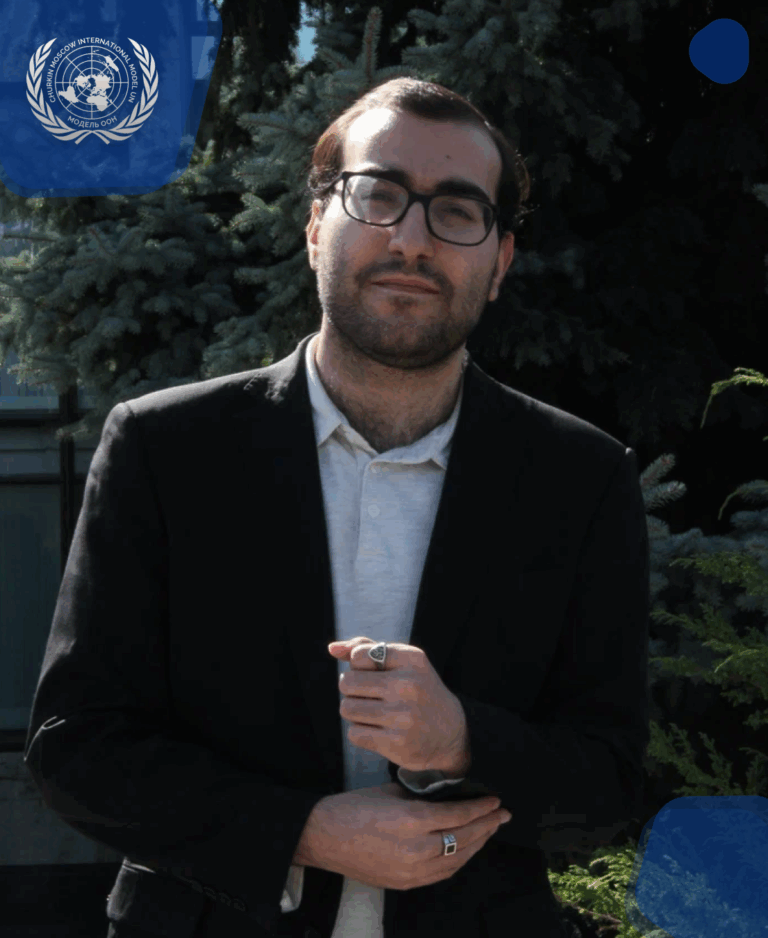
Honourable delegates!
On behalf of the United Nations Educational, Scientific and Cultural Organization, it is my great pleasure to welcome you to C-MIMUN’26! Today, you are not just participants—you are architects of change, entrusted with one of the most pressing challenges of our time: ensuring access to quality education for vulnerable groups in the Global South.
Education is the cornerstone of sustainable development, a powerful tool for breaking the cycle of poverty, and a fundamental human right. Yet, millions of children and adults in the Global South—especially girls, refugees, persons with disabilities, and rural communities—remain excluded from learning opportunities. Conflicts, economic disparities, and systemic barriers continue to widen the education gap, depriving entire generations of the chance to reach their full potential.
This committee offers you a unique platform to address these inequalities. Here, your voices will shape innovative solutions, your debates will challenge the status quo, and your resolutions will inspire real-world action. Together, we will explore how to overcome financial constraints, improve infrastructure, train teachers, and leverage technology to make education inclusive and accessible for all.
Prepare for intense discussions, creative problem-solving, and the chance to hone your diplomatic skills. Our team of experts is here to support you with resources, guidance, and inspiration. Use this opportunity to collaborate, to think boldly, and to advocate for those whose voices are often unheard.
Remember: every idea you propose, every compromise you negotiate, brings us one step closer to a world where no one is left behind. Let’s make this week not just about debate, but about making a tangible difference.
I wish you productive deliberations, meaningful connections, and the courage to dream big. The future of education starts with you—right here, right now.Sincerely,
UNESCO Vice-President
Viktoria Agryzkova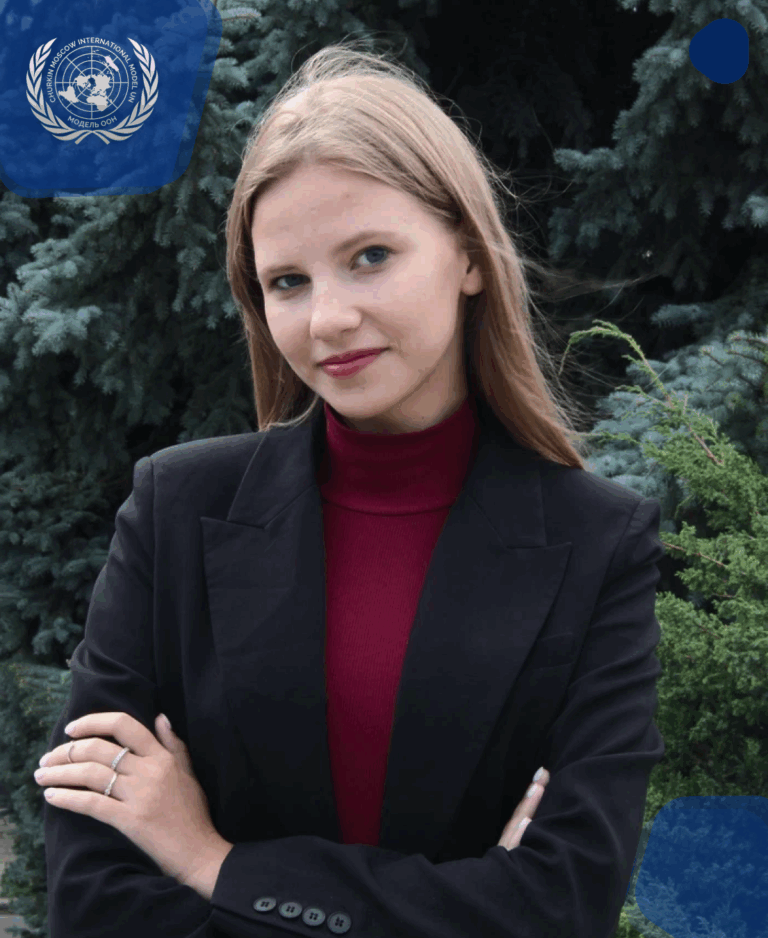
Hi! I am glad to welcome everyone to the C-MIMUN-2026! If you believe that the right to education is an inherent right for everyone, regardless his/her status and origin, and you are ready to defend this point of view on the international stage, we are waiting for you in our committee. Heated debates, long discussions, and the opportunities to express yourself and meet interesting people from different countries – these are the experiences you will have during the C-MIMUN week. We are looking forward to seeing you!
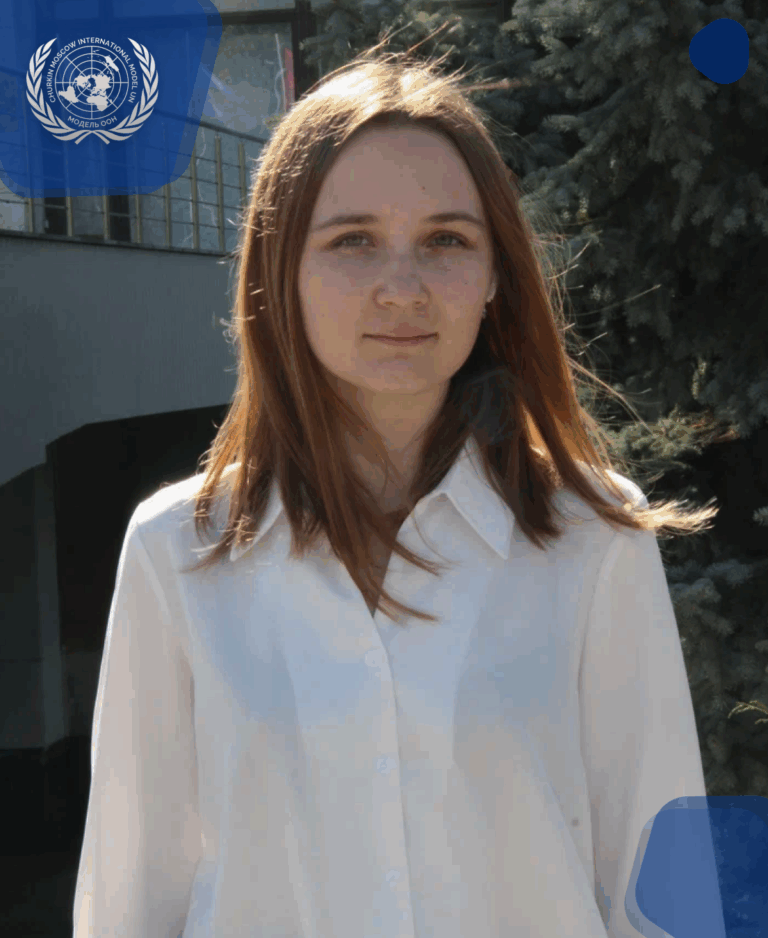
Honourable delegates!
We look forward to welcoming each of you on behalf of the United Nations Educational, Scientific and Cultural Organization Expert at C-MIMUN’26!
You have been entrusted with an important mission to solve a significant problem for many countries: to improve the quality of education in the countries of the Global South for the entire population of these countries. Our committee is an excellent opportunity to test yourself in solving educational problems in the countries of the Global South, and to offer your creative ideas and innovations. We will cover many topics in the field of education that affect the lives of people all over the world.
We will have long but interesting meetings, heated debates, the writing of a resolution, and a pleasant community! This is a great opportunity to test your diplomatic and language skills, as well as to make new friends. To ensure your productive work, we, the experts, will provide you with all the necessary information and assistance. Make the most of this week!
Sincerely,
Expert at the United Nations Educational, Scientific and Cultural Organization,
Zlatislava Nekrasova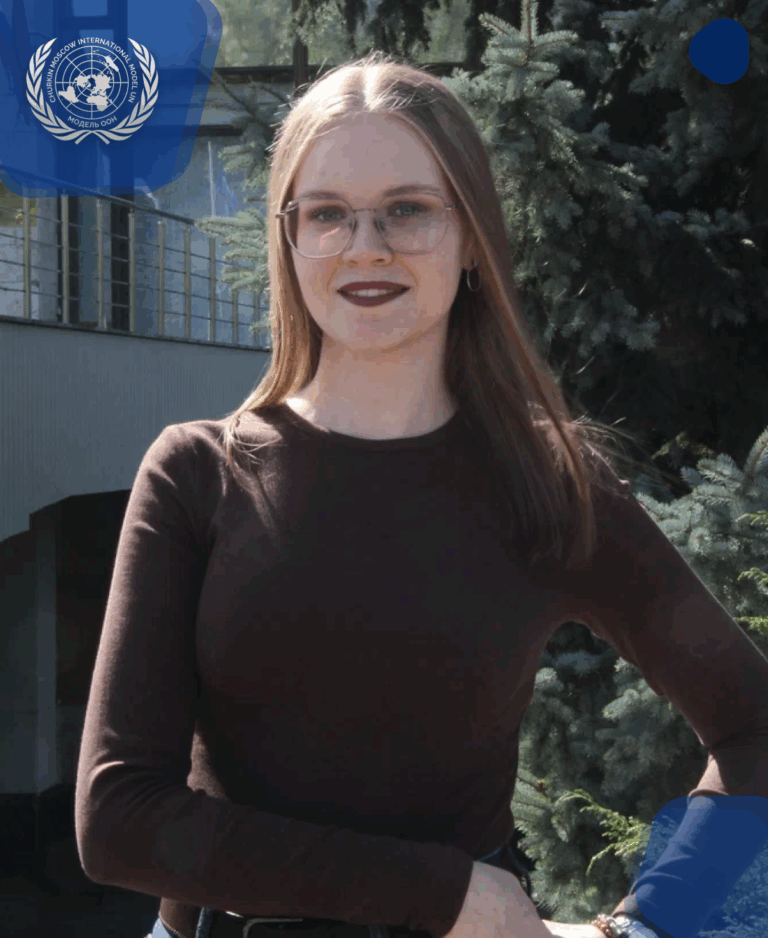
Theses (volume: 250–400 words)
1. Read the expert’s report.
Before writing the theses, carefully review the content of the expert’s report and highlight the main ideas and key issues of the topic. It is important to understand which questions the expert raises in order to form your own position rather than simply retelling what was said.2. What do you understand by accessible education.
Define what “accessible education” means to you. Consider this concept more broadly than just free education: it includes equal opportunities for everyone, the quality of learning, access to modern resources, inclusivity, and student support. Briefly outline your own understanding and provide examples if relevant.3. What ideas for solutions.
Propose specific measures that, in your opinion, can improve access to education. These may include government programs, the development of online platforms, grants, volunteer initiatives, or mentorship. Show how these actions could help different social groups.4. Do not use ChatGPT.
When writing the theses, it is important to express your own thoughts rather than relying on artificial intelligence. The goal is to demonstrate your personal understanding of the topic and your ability to reason independently.5. Do not retell the report.
The expert’s report should serve only as a starting point for reflection. Avoid repeating its ideas — instead, build your own reasoning and conclusions on the topic.Positions (volume — about one and a half pages)
1. Read the expert’s report.
Before preparing your position, carefully read the expert’s report to understand the general context and key findings on the topic. Identify the main trends, problems, and directions of educational development discussed in the report. This will help you formulate your own argument in an informed way and avoid repetition.2. The state of education in the country.
In this section, describe the current state of the education system in your country. Briefly outline its strengths and weaknesses — accessibility, quality of learning, teacher training, infrastructure, and technological development. The goal is to present a realistic overview and identify the main areas that need improvement.3. If the situation is difficult — request assistance.
If the education system faces challenges such as lack of resources, inequality, or outdated programs, clearly define these problems and propose seeking support. You may suggest cooperation with other countries, international organizations, or experts, emphasizing openness to development and exchange of experience.4. If the situation is good — share your experience.
If your country’s education system shows positive results, explain what has helped achieve this success. Describe the practices, reforms, or innovations that have improved the quality of education. Highlight what your country can share with others — experience, programs, technologies, or ideas.5. Add your own ideas to the position.
In addition to describing the situation, include your personal ideas and proposals for improving education. These may relate to digital learning, inclusion, teacher development, youth involvement, or other areas. It is important to show initiative and genuine interest in advancing the topic.6. Do not contradict the country’s policy.
When preparing your position, take into account the national policy and priorities in the field of education. All suggestions and formulations should align with the country’s official direction and avoid criticism that could be perceived as disagreement with national policy. The focus should remain on constructive, respectful, and collaborative proposals.Country list: Representative: 1 Afghanistan 2 Bangladesh 3 Bolivia 4 Brazil 5 Burkina Faso 6 Cambodia 7 Cameroon 8 Canada 9 China 10 Colombia 11 Côte d’Ivoire Sofia Alekseeva 12 Democratic Republic of the Congo Ekaterina Karslieva 13 Egypt 👑President 14 Ethiopia 15 Fiji 16 France 17 Germany 18 Ghana 19 Guatemala 20 Honduras 21 India 22 Indonesia 23 Italy Elizaveta Pylaeva 24 Jordan 25 Kenya 26 Malawi 27 Mali 28 Mexico 29 Nepal 30 Netherlands Ellina Gellert 31 Nigeria 32 Pakistan Samina Turnova 33 Papua New Guinea 34 Paraguay 35 Peru 36 Philippines 37 Poland 38 Russia 39 Samoa 40 Senegal 41 Sierra Leone 42 Spain Anastasiia Sokolova 43 Sri Lanka 44 Sudan 45 Sweden 46 Syria 47 Uganda 48 United Kingdom 49 United States 50 Vietnam Phosikham Phothilath 51 Yemen 52 Zimbabwe Observers: 1 African Union 2 European Union 3 League of Arab States 4 World Bank
